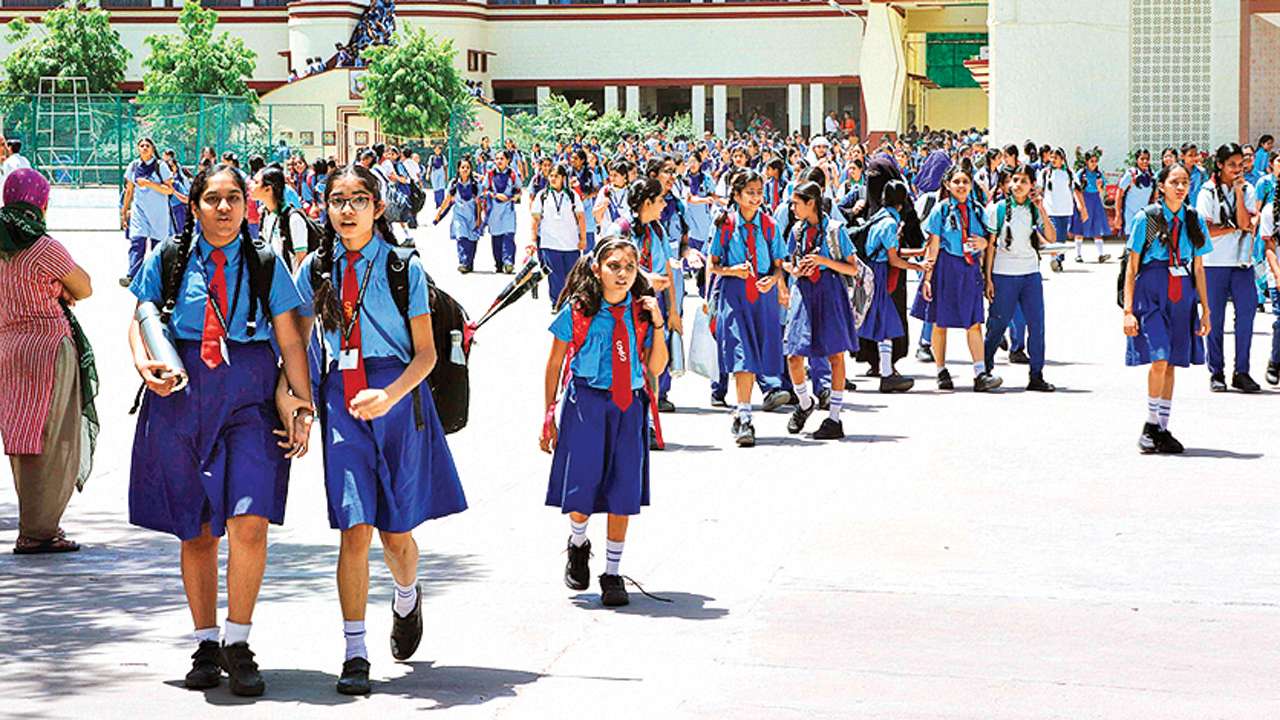
Children born in the 21st century are all less than 18. Only the eldest among them celebrated birthday yesterday, marking a transition into adulthood, to be free from the clandestine means of watching “A” certified movies and getting the first chance to enter their names into the voters list.
The first born among the girls can now wed without fear of illegality in their marriage on account of age while the eldest of the boys still has a three-year waiting time to cross the legal hurdle of age to tie the knot.
All of them are still at least seven years away from being adult enough to consume alcohol.
The world is facing such unprecedented transformation and radical uncertainties in this century that any preparation for the future through education is going to be increasingly inadequate.
Higher economic growth rate, in turn amplifies unknown opportunities that lie in the womb of the future.
This, coupled with ever-rising scale and scope in skills needed for jobs, changing socio-cultural outlooks, beliefs, attitudes and values are, put together, exerting disruptive expectations and threats of obsolescence, distressing the Indian students in various untold ways.
As we usher in the New Year, there is no need to get over-excited because except for a change of calendar, nothing of significance is expected to move overnight.
Yet, a few thoughts for the myriad challenges that confront stakeholders in the education sector, would be well worth a little attention.
The challenge for the government comes in the form of dealing with education as a public good, which it is not; yet social needs put pressure on the government to treat at least school education as a public good.
The government therefore faces the challenge of being a part-provider alongside private providers, equivalent to a full scale regulator in the education system.
Keeping the education system contemporary and relevant, warranting that unlike most other public services, the quality of content and delivery of school education is not compromised; ensuring unhindered and free access to every citizen and protecting the interests of all stakeholders, are the big challenges.
Human learning is a slow process. Education takes time to deliver, specially with new skill sets.
The challenge for business, therefore, is to specify the desired skill set, much before the date of its requirement, enabling educators and learners to be equipped with the knowledge when they are most needed.
Given the uncertainty of change, businesses are investing in future more as a gamble, hedging their bets, rather than planning astutely.
They are unable to define their needs for the future and therefore run the risk of not finding the right skilled human power, when they need it the most.
The society may find itself saddled with educated, but irrelevant human beings, which could well morph into the biggest social challenge of all times.
Presently, school education focuses on cramming. Because information was scarce, this possibly made sense, until the last century.
Today we are flooded with enormous amounts of information and mis-information. Teachers don’t need to give more information. Besides informing, schools are busy teaching how to solve equations – to identify chemicals in a test tube, to write an accounting entry, how price-demand-indifference works among customers, or how the British succeeded through ‘divide and rule.’
No one knows if these would be significant things to teach in the next few years. The biggest hazard for education providers is that they do not know what to teach and the greatest ordeal for education recipients is that they do not know what to learn!
Moving on to higher education, to keep up with the world that lies ahead of us, in the next four decades or so, all those born in this century will need not just to invent new ideas and products, but to reinvent themselves again and again.
As the pace of change in Biotech and InfoTech accelerates, not merely the idea of an economy or a society or a nation, but the meaning of ‘being-human’ will also mutate.
We might have opportunities of migrating to other worlds, vanishing of currency-based intermediation in exchange of utility and even fluidity of genders. Nobody can really predict the changes that we will witness. We cannot be sure of the specifics, but rapidly accelerating change itself is the only certainty.
Many experts argue that education should move away from teaching science, commerce or arts and instead focus on imparting “the four C’s” - critical thinking, communication, collaboration and creativity.
Education, at the school level, should down-play technical skills and instead delivers general purpose life skills. Sounds good!
These four C’s are defining the expected learning outcomes of education. Teachers, education providers and learners, none of them have any clue as to what should be taught and how it should be taught, so that expected outcomes emerge.
We neither have the curriculum nor the pedagogical tools to educate people in how to deal with change, how to learn new things and to preserve mental health in unfamiliar and unexpected situations.
Young students, who face the biggest risk, should expect and aim to make sense of information, to tell the difference between important and unimportant, and to aggregate many bits of information into a broad picture of the world.
The writer is a former Director, MDI Gurgaon